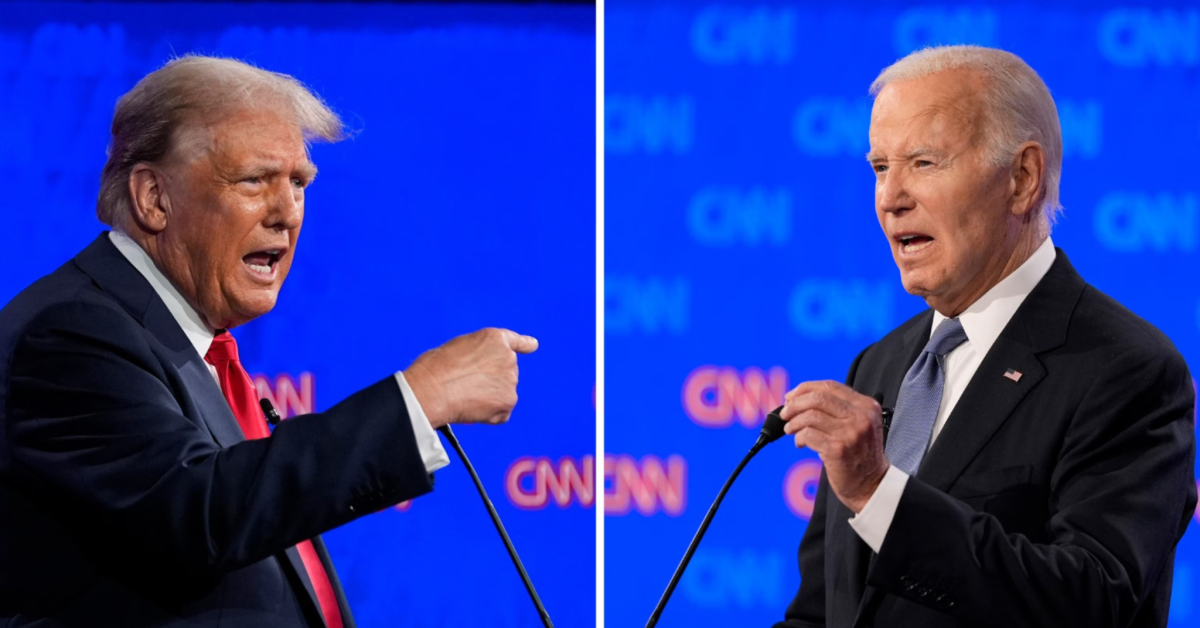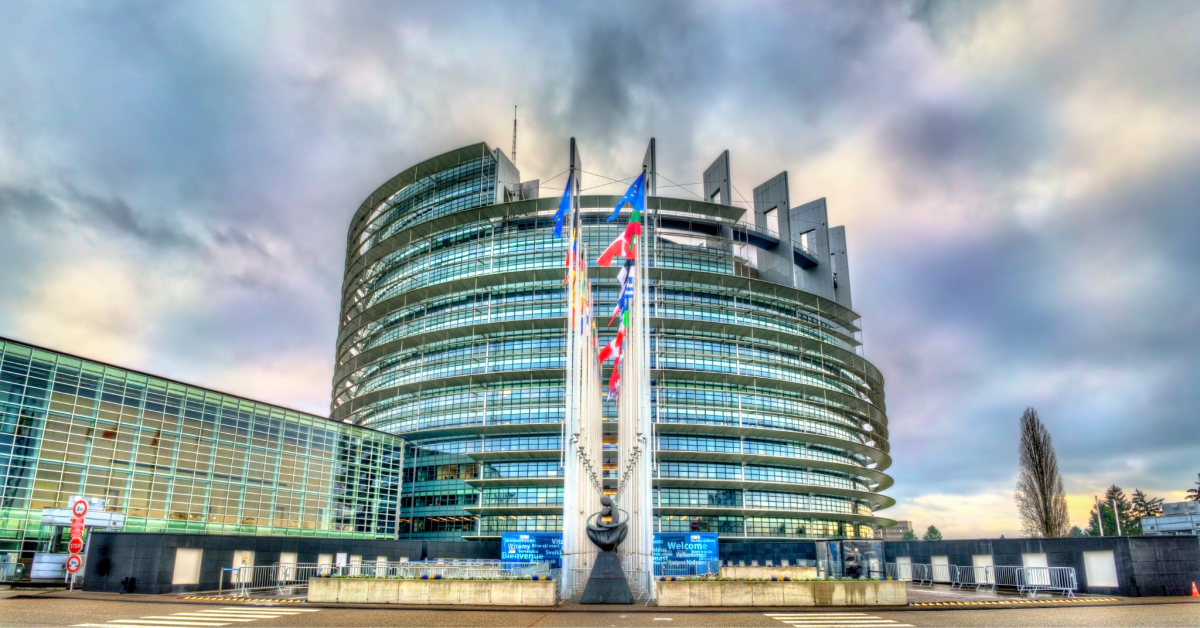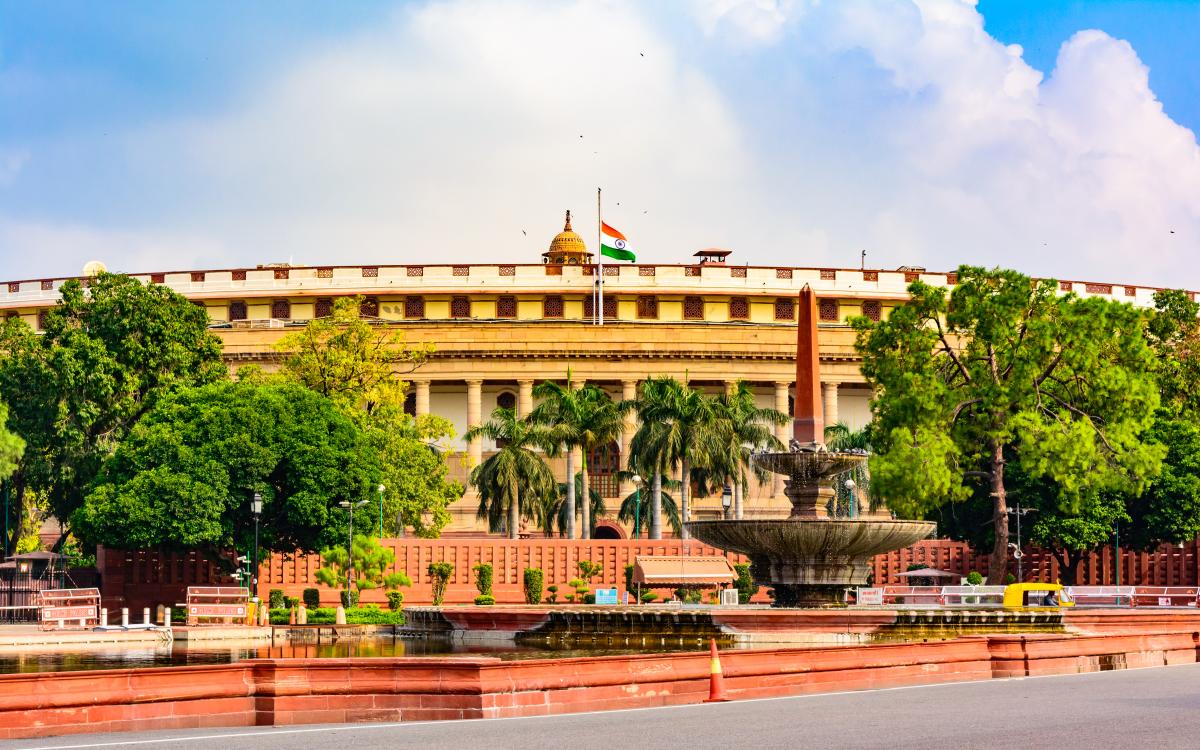Liberal Democrat Conference 2024: Building on Blue Foundations
At a Glance
The UK’s Liberal Democrats had not planned to have an annual conference this year—they expected, rather, to be fighting an autumn General Election. But instead, the party has been celebrating the results of that General Election this week in an incredibly sunny Brighton. Boosted by returning 72 MPs, the mood of the party could not have been brighter. Strategic questions about what future success looks like and how the party can get there, however, were not far below the surface of the jubilant atmosphere.
Celebrating the success
As was pointed out by almost every speaker at conference this week, the General Election saw the Liberal Democrats achieve the most seats they have held in modern times. The party returned to its position as the formal third party in the UK Parliament with commensurate protected time in Parliamentary debates, two questions at Prime Minister’s Questions (PMQs), and the Parliamentary platform to influence the national conversation. The party also now has three select committee chairs, two of which, the environment committee and health committee, cover policy areas—sewage and the NHS—that were central to the Lib Dem electoral campaign. MPs this week have also talked hopefully about this being a “very different, progressive Parliament,” a Parliament of policy and detailed debate, a Parliament where the issues that the Liberal Democrats care about will be front and center.
Throughout the conference there has also been praise for the party’s electoral strategists and the execution of the campaign. One longtime party activist told EGA that this was the first election campaign in recent years where the national message in the “air-war” really supported what local campaigners needed to do on the ground in their constituencies. The removal from the target seats list of any constituencies that didn’t hit metrics for recruitment of volunteers or leaflet delivery was seen at the time as ruthless. Now it is seen as a masterstroke.
In a party where support for proportional representation is an article of faith, there was also praise at this conference for the organization and efficiency of the party’s vote. Despite only a very slightly higher share of the national vote than in 2019, the Liberal Democrats won 72 rather than 12 seats. Party staff EGA spoke to talked about the relief they felt that Lib Dems had finally started to win “under the rules in front of us” instead of complaining about the system.
But where next?
In these circumstances it would be hard for the party not to be in a celebratory mood. As always for Liberal Democrat members, however, the focus is upon the next battle. The strategic dilemma delegates were debating in the bars and fringe meetings was where the party goes from here. The general conclusion was: “Responsible” or “constructive opposition” to the Government, combined with the objective of replacing the Conservatives as the official opposition.
The party’s new MPs almost all come from some of the most affluent areas in the country across the South, South East and South West, including constituencies previously held by three former Conservative prime ministers. Of the 27 seats where the party is in second place, 20 of those are also Conservative held. These facts on the ground mean that a Tory focus appears to be simply electoral common sense. Many at Conference have argued that should the Tories choose the “wrong leader,” namely one of the two candidates from the right of the party, then the opportunity to replace the Conservatives as the official opposition was very real.
To have a realistic chance of achieving this, however, some argue that the Lib Dems would need to change to become a center-right movement, and so far it has not shown the inclination to do this. Since its foundation in 1988, the Liberal Democrats have been an alliance between a Social Democratic Party (SDP) tendency on the left and a liberal tendency more from the right. Throughout most of this period, the tilt to the left has traditionally been stronger and the more economically liberal wing of the party more quiescent.
And with a Labour Government facing the need to make challenging, unpopular decisions on public spending, the temptation for the party to tack to the left will be strong. Ed Davey has already faced suggestions this week that he is indeed positioning the party to the left of Labour on welfare, public investment, and wealth taxes such as capital gains. If the party’s ambition is to replace the Conservatives, then a tilt to the left will not help and will make many of their new MPs uncomfortable. The policies of the “Orange Bookers,” who in the mid-2000s emphasized the party’s liberal economic traditions, will need to return to the fore.
The Europe conundrum: challenge or opportunity
Europe remains the issue that both the left and right of the party can agree is an effective way to put pressure upon both Labour and the Conservatives. The right of the party argue that focusing on building better relationships with Europe has to be at the heart of a wider pro-business agenda that will appeal to the affluent blue wall voters the party needs to take more Conservative seats. It is also a policy on which members feel that the Labour Government is exposed, having set out impractical, non-negotiable redlines which reduce its options to grow the economy.
Level heads, however, say the party needs to convince the country first about Europe, not just convince Lib Dems. Monica Harding, who won the remain-in-the-EU voting Esher and Walton seat, said that “voters don’t bring up Europe on the doorstep, there is regret but people don’t want to get into it.” There was a reason Brexit was not mentioned until page 112 of the party’s manifesto. The party will indeed push Labour on “easy wins” on Europe such as rejoining the Erasmus scheme or on youth mobility and continue to emphasize the economic benefits of closer ties. But scarred by the experience of the 2019 election, the party will continue to “meet the public where they are, not where we are.”
Retaining optionality
Concluding the conference, Lib Dem leader Ed Davey used his leader’s speech to emphasize the need to “finish the job” of defeating the Tories but continued to ride both horses by also emphasizing the need to be “careful scrutineers of Labour’s actions in Government.” A decision on the party’s strategic direction is probably right to be delayed until another day. The prospects of the third party are always inextricably linked to the performance of the two other parties, and without really knowing the direction Labour and the Conservatives will go, these reference points are missing. It is therefore hard for the Liberal Democrats to decide where they should be. Should the Conservatives seek to “out-Farage Farage,” as Layla Moran, the party’s foreign affairs spokesperson, put it, then the opportunity will come from replacing the Conservatives as a party of the center right. Should the Labour Government fail to restore public services effectively or stick too rigidly to the fiscal rules, the opportunity will appear to come from the left. Others suggest the party cannot just wait to see how the other parties’ prospects develop, and the Liberal Democrats do need to decide strategically what they want to be ideologically as well as the territory that they can win on.
According to the leadership, however, the strategy is clear. Its MPs have a mandate to deliver on the NHS, the cost of living, and on sewage, and that is what the national party will focus on. A newly elected MP that EGA spoke to echoed this message at a local level, saying he was clear what he had been elected to do. He then listed three highly local variants of the national priorities—and said he took the obligation to deliver them incredibly seriously. Similarly, a senior member of the Lords told EGA that he was frustrated by the constant left-right debate. He argued Liberal Democrat politics doesn’t operate on that spectrum and, to be ambitious, the party needs to win any seats from wherever it can, guided by the party’s values. Ed Davey himself has argued that fixing the NHS and social care is neither a left nor right wing issue.
The first test of the party’s momentum, and whether it can win both Labour and Conservative seats, will be in the May local elections next year. As he said in his conference speech, Davey is confident that in those elections the party can win in big cities like Liverpool, Sheffield, and Newcastle. The electorate will again determine if he is correct.
For additional information, reach out to Senior Vice President, EGA UK, Jonathan.Mitchell@EdelmanEGA.com
For more on global elections in 2024, the EGA Election HQ is your guide to the moments that matter, what comes next, and what all of this means for industries and sectors. Sign up here to receive global election updates from the EGA Election HQ team. For counsel or to get in touch, reach out at: Elections@edelmanEGA.com.



